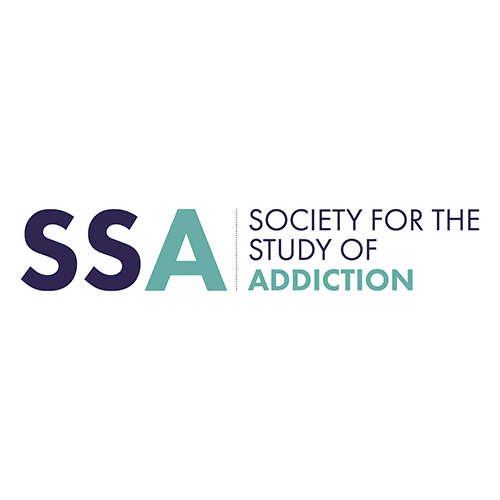Aims
The aim of this poster is to explore how families of individuals with alcohol/drug use problems experience their loved one’s end of life and the extent to which services recognise or respond to the whole family’s needs.
Design
This research forms part of a larger Big Lottery funded project, looking at end of life care needs for people with alcohol and drug use problems and their families. As part of the families strand of this larger project we undertook secondary analysis of qualitative data drawn from an ESRC project on substance use and bereavement. This is the focus of our poster.
Setting
Qualitative interviews were conducted in England and Scotland with adults who were accessed primarily through family and bereavement support groups.
Participants
One hundred and two individuals who had been bereaved through substance use were interviewed. This included parents, children, spouses, siblings, nieces and friends. The timing of the interviews ranged from a few weeks to over 30 years after the death.
Intervention
N/A
Measurements
Framework analysis was used to (1) identify the instances where end of life was explicitly anticipated and examine interviewee experiences of, and need for support; and (2) consider whether there were any opportunities for support interventions among those cases where end of life was not formally recognised.
Findings and conclusions
Families and carers of individuals with alcohol and drug use problems typically experience extremely stressful lives over many years, yet often play a significant role in supporting them at the end of their lives. Although the risk of premature death from alcohol / drug use is recognised, explicit identification of the end of life is often not made, meaning that opportunities for intervention and support are missed or implemented too late. As a result, the experience of a loved one’s end of life is often traumatic – sometimes with serious consequences for family members’ own alcohol/drug use. Professionals working with individuals misusing alcohol and drugs can play an important role in identifying and responding to family support needs, thereby reducing the traumatic impact of bereavement.
Co-Authors
Dr Lorna Templeton, Independent Research Consultant and Visiting Fellow, Department of Social & Policy Sciences, University of Bath. Dr Gemma, Dept of Social Care & Social Work, Manchester Metropolitan University
Conflicts of interest:
Funding Sources: The Big Lottery
Fund No conflict of interest
